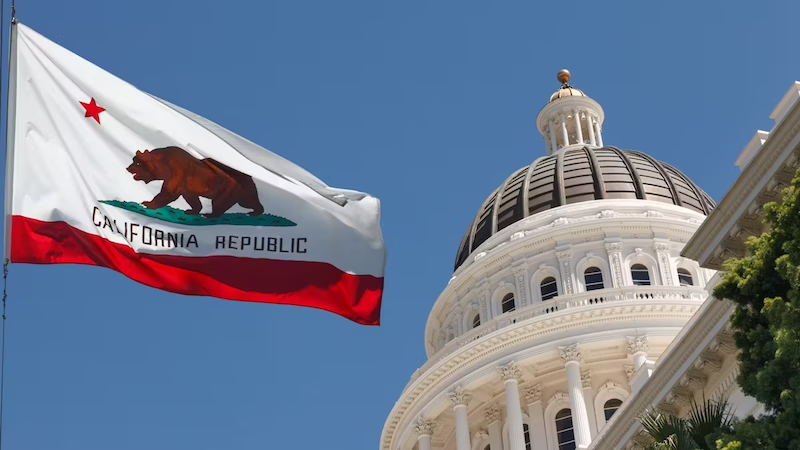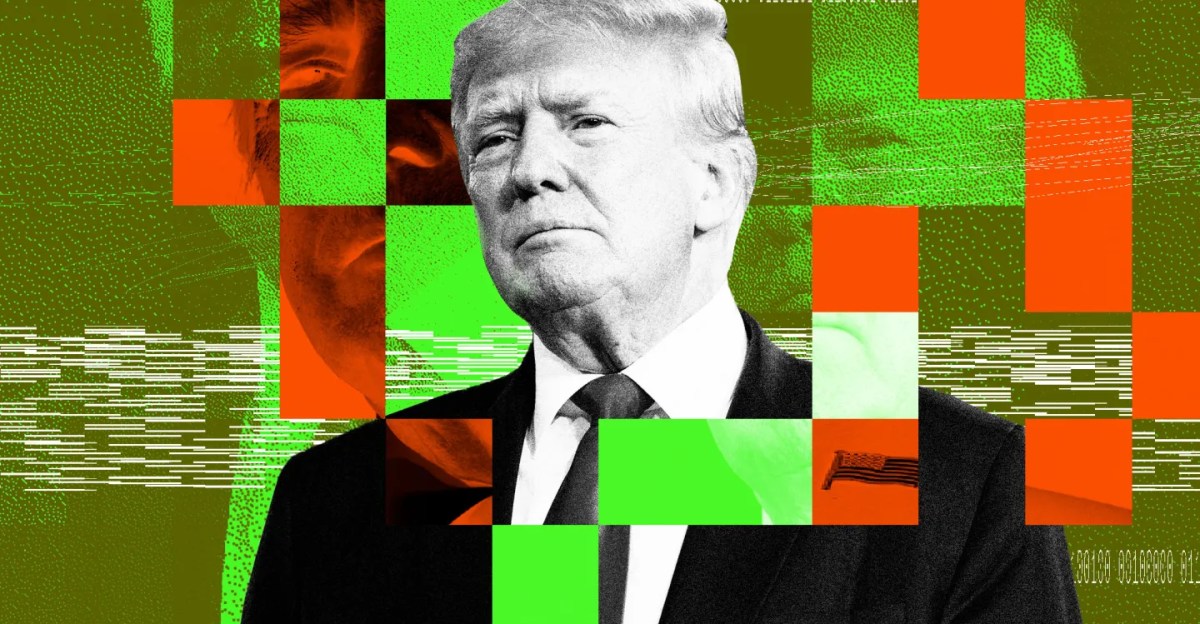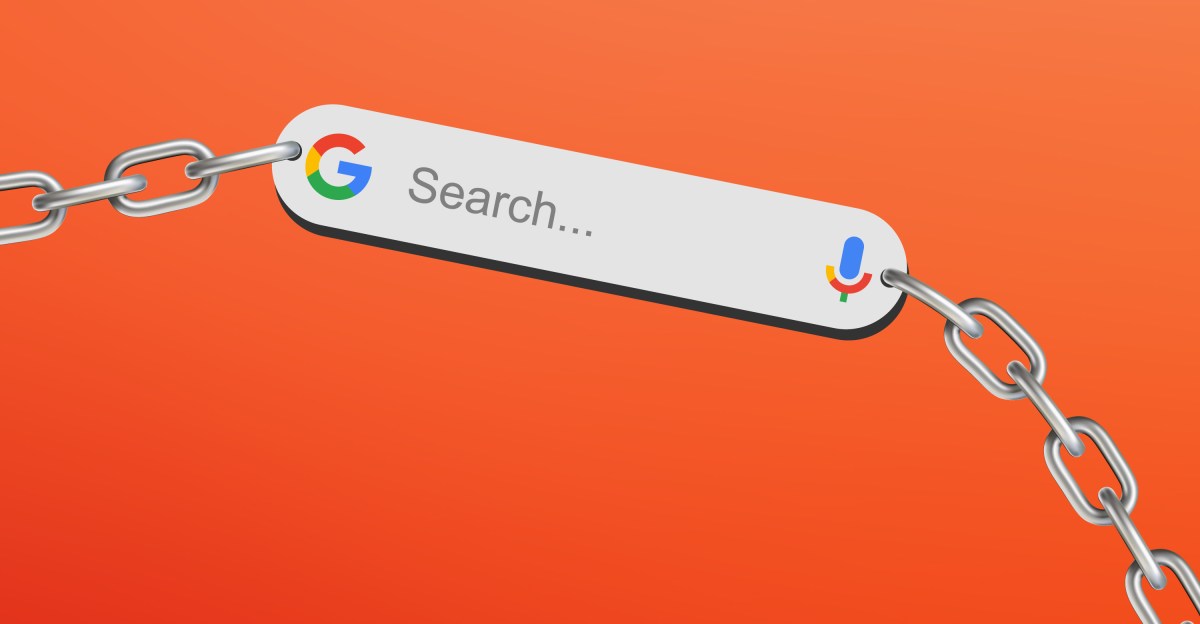CA: Real Progress, Unfinished Business, and Google's Epic Defeat
This week in The Dispatch we’re covering the suite of tech safety bills signed into California law (and the one that wasn't), Google’s loss in the Epic antitrust trial, and how Apple and Google pulled a community-safety app under federal pressure.

Welcome back to The Dispatch from The Tech Oversight Project, your weekly updates on all things tech accountability. Follow us on Twitter at @Tech_Oversight and @techoversight.bsky.social on Bluesky.

🙌 BE BACK SOON, CALIFORNIA: First, the bad news: Governor Newsom’s last-minute veto of AB 1064 (LEAD for Kids) handed Big Tech its top-priority lobbying victory of the year in Sacramento. The first-in-the-nation bill — authored by Asm. Rebecca Bauer-Kahan — would have prohibited “companion” chatbots from engaging with minors unless they met strict safety standards. It could have created badly-needed, comprehensive guardrails for A.I. chatbot youth safety.
“Unfortunately, after a big-money lobbying campaign by Big Tech targeting AB 1064, we won’t be able to address the threat A.I. chatbots pose to kids and teens in California next year with the urgency the situation requires. Make no mistake: this was the industry’s top-priority bill to kill in California this year and they spared no expense and no scruple in making it happen. Safety should come first, and today it didn’t. Advocates will be back in Sacramento come January stronger than ever as we continue to take on Big Tech and push for stronger A.I. safeguards to protect kids and benefit all Californians.” – Sacha Haworth, Executive Director, Tech Oversight California
BUT: After a months-long industry campaign to kill the bill, families and advocates who fought for it aren’t walking away. Tech Oversight California stood alongside grieving parents, child-safety experts, and coalition partners to push AB 1064 to the Governor’s desk — and will be back in January to finish the job.
Now, some good news: This year marked a turning point for Big Tech accountability in California — a session defined by emboldened legislators, organized advocates, and a strengthening movement to hold Big Tech accountable in the heart of the tech industry.
Advocates delivered a series of hard-fought victories that will deliver real change for Californians, and shape policy conversations in the months ahead:
- AB 56 (Asm. Rebecca Bauer-Kahan): Requires clear warning labels on social-media platforms about the mental-health risks of excessive use.
- AB 316 (Asm. Maggy Krell): Prevents companies from using “the AI made me do it” as a defense when autonomous systems cause harm — closing a dangerous legal loophole before it could take root.
- AB 325 (Asm. Aguiar-Curry): Authored by the Majority Leader, the bill cracks down on algorithmic collusion and deceptive pricing tactics that let tech firms manipulate digital markets behind the scenes.
- AB 489 (Asm. Mia Bonta): Bars AI chatbots from posing as licensed medical professionals — a direct response to growing concerns over misinformation in health apps and AI therapy tools.
- AB 566 (Asm. Josh Lowenthal): Strengthens the state’s data-privacy protections by requiring browsers to offer clear, easy-to-use universal opt-out signals.
- AB 853 (Asm. Buffy Wicks): Requires companies deploying generative-AI systems to disclose when users are interacting with a machine — a foundational step toward transparency and public trust.
- SB 53 (Sen. Scott Wiener): Holds Big Tech CEOs responsible for their products, mandates disclosure of AI safety practices, and applies baseline guardrails to how powerful models are developed and deployed.
Along with committed legislators and partners, Tech Oversight California helped keep these bills alive by elevating parent and youth voices, driving press coverage that forced public scrutiny of Big Tech’s lobbying blitz, testifying before committees, providing technical assistance, and sending letters to the Legislature and Governor.
What this moment proves: California’s 2025 session showed that organized advocates, parents, and consumer groups can beat the industry’s scare tactics and lobbying frenzies — and that real accountability legislation can pass even against Big Tech’s full-court press. Stay tuned.

📱EPIC WINS, LOWER IN-APP FEES: The Supreme Court refused to rescue Google from a major antitrust loss — upholding a lower-court order in Epic Games v. Google that forces the company to crack open its Android app store. By October 22nd, Google must allow developers to use their own payment systems, link to external downloads, and terminate the exclusive deals that have kept competitors off Android devices.
Epic’s case exposed how Google’s Play Store isn’t a marketplace at all. It is a monopolistic walled garden that locks Android users out of innovative apps and products through retaliation against developers, many of whom already offer or want to offer cheaper products than Google. The jury agreed, ruling that Google’s conduct violated antitrust law by locking up both the distribution and payment sides of the mobile market.
The outcome matters beyond just Android. It’s a test of whether courts can still rein in platform power — or if trillion-dollar companies can keep breaking the law faster than judges can enforce it. After being ruled an illegal monopoly three times with barely a slap on the wrist, Google’s out of easy exits. The Supreme Court’s refusal to grant a stay means it must actually follow the order while it appeals.
APROPOS OF SOMETHING: That might explain the timing of Google’s recent $24.5 million payout to Trump to settle his bogus YouTube “censorship” lawsuit — a gesture from a company begging for Trump to tilt the scales in its favor. Anyone who has ever taken an Econ 101 class knows that a monopoly will spend whatever it takes to protect its monopoly. This is no different.

🧠 RESEARCH ROUNDUP: A growing body of research points to the same conclusion: AI chatbots aren’t safe for kids. Mounting evidence shows they endanger children, blur boundaries, replace real human connection and encourage self-harm.
- AI companion chatbots “failing the most basic tests of child safety” -Transparency Coalition & Common Sense Media (Apr 10, 2025)
- How ChatGPT betrays vulnerable teens by encouraging dangerous behavior - Center for Countering Digital Hate (Aug 6, 2025)
- New study warns of risks in AI mental-health tools - Stanford University (Aug 27, 2025)
- A quarter of U.S. teachers say AI tools do more harm than good in K-12 education - Pew Research Center (May 15 2024)
- AI chatbots show an “empathy gap” that children are likely to miss - University of Cambridge (Jul 15 2024)
Taken together, the evidence shows what we already know: the Big Tech AI industry’s “trust us” approach isn’t protecting children: unchecked AI tools are putting kids in harm’s way.

🧊 TERMS OF SURRENDER: After pressure from the Trump administration, Apple and Google pulled ICEBlock — a community-reporting app used to share and verify ICE raid alerts — from their app stores, once again proving how monopolies will bow to political pressure to protect their illegal stranglehold on our economy. It’s a move that echoes their long-running strategy in Washington: cooperate when it protects their business model, resist when it threatens it.
These are the same Big Tech companies fighting landmark antitrust and privacy cases that will shape the future of digital rights — arguing in court that their walled gardens are essential to safety, even if those arguments are at best flimsy and at worst outright false. Whether it’s civil rights, privacy, or the fine print we all click "agree" to, these companies are doing everything they can to maintain control — and keep Trump happy in the process.
Further reading: ICE Wants to Build Out a 24/7 Social Media Surveillance Team
“United States immigration authorities are moving to dramatically expand their social media surveillance, with plans to hire nearly 30 contractors to sift through posts, photos, and messages—raw material to be transformed into intelligence for deportation raids and arrests.”

💰 CALIFORNIA BANS ALGORITHMIC PRICE FIXING: California just outlawed the use of shared algorithms that let corporations quietly coordinate prices — a practice that’s inflated the cost of everything from flights to food delivery. The Preventing Algorithmic Price Fixing Act (AB 325), led by Assemblymember Cecilia Aguiar-Curry and signed this week by Gov. Newsom, amends the state’s Cartwright Act to make it illegal for competitors to rely on “common pricing algorithms” that effectively automate collusion.
The law closes a loophole that let companies use the same AI tools to fix prices without ever speaking — what the American Economic Liberties Project called “a modern form of cartel behavior hiding behind code.”
This is a potentially powerful check on the emerging problem of Big Tech’s software distorting entire markets — and a sign of how much public momentum there is behind reining in corporate power.
















